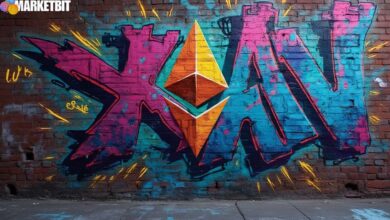South Korea Eases Crypto Ban for Non-Profits

- World Vision Korea initiates non-profit crypto sales with Upbit support.
- FSC enforces strict AML/KYC requirements.
- Top 20 cryptocurrencies eligible under new rules.
This regulatory shift marks a significant step for crypto-philanthropy, poised to enhance institutional engagement, with non-profits gaining much-needed liquidity.
Regulatory Changes and Impact
South Korea’s Financial Services Commission (FSC) has lifted a restriction on non-profit crypto sales, marking a departure from the 2017 crypto trading ban. World Vision Korea, utilizing Ethereum through Upbit, was the first to benefit. This move introduces institutional involvement in crypto donations. Public companies and professional investors will gain access in 2025, hinting at broader market impacts.
The policy frees non-profits to utilize crypto donations without concern for frozen funds, encouraging greater engagement in crypto philanthropy. It’s set to impact South Korea’s top exchanges and financial structures. The new guidelines maintain prior AML/KYC standards.
“Non-profit entities are required to adhere to a stringent set of criteria, which includes having a minimum of five years of audited operations and establishing internal committees to review donations. […] Only the top 20 cryptocurrencies by market capitalization that are traded on prominent Korean exchanges will be eligible for sale. All transactions must comply with the same anti-money laundering regulations that apply to other virtual asset service providers.” – Official Financial Services Commission (FSC) Statement, South Korea’s financial authority
Non-profits must meet strict criteria, including a five-year audit requirement, ensuring compliance with regulatory benchmarks. Eligible sales are confined to top 20 cryptocurrencies by market cap on regulated Korean exchanges.
Institutional Interest and Future Implications
The introduction of non-retail crypto trading could spur interest from broader institutional players. This shift reflects global trends in regulatory acceptance, emphasizing careful management. Enhanced liquidity in the crypto market may result as a byproduct. Further regulatory easing will likely influence South Korea’s stance on digital assets. As other nations observe these developments, regulatory harmonization in the crypto space continues to be a focal point for growth and potential investment opportunities.




